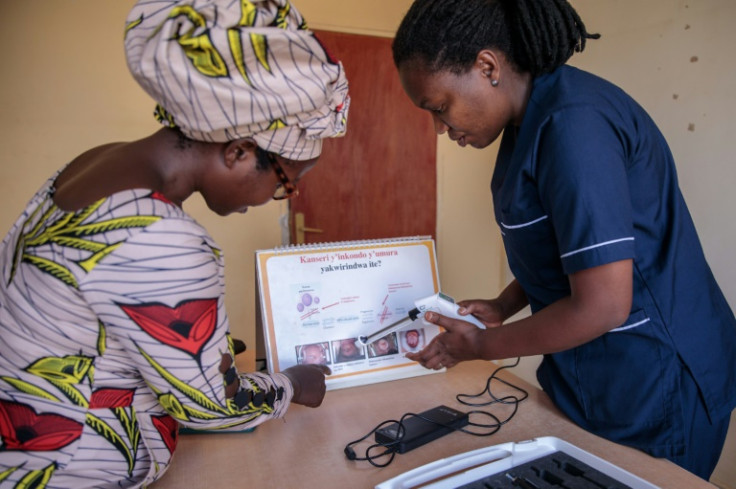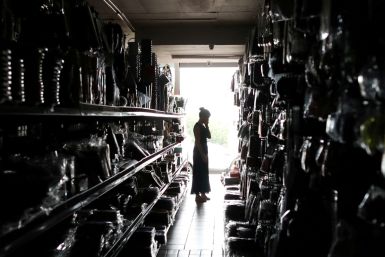South Africa Celebrates Cervical Cancer Elimination Day

As South Africa joined the global community in marking four years of the Cervical Cancer Elimination Day of Action, the Department of Health is confident about the country's progress in fighting cervical cancer.
According to the World Health Organization, cervical cancer is the fourth most common cancer in women worldwide, with about 660,000 new cases and 350,000 deaths in 2022. In South Africa, cervical cancer is the second most common cancer in women. However, it can be cured if detected early and treated promptly.
"The government has introduced a number of interventions to prevent cervical cancer amongst women, and these include the launch of the Human Papillomavirus (HPV) vaccination campaign in 2014 to reduce the incidence of cancer of the cervix mainly targeting all girls in grade 5, aged 9 years and older in all public and special schools," the department said, SA News reported.
It added, "So far, between 85% and 89% of targeted girls received one or more doses. Studies have shown that vaccination in late childhood/early adolescence is effective as strong immunity develops (before the onset of sexual activity)."
The department shared that more than 7.1 million doses of the HPV vaccine have been given, protecting over 4 million girl learners. It is estimated that around 85% of girls aged 9 to 15 in public schools and 75% of all girls in that age group in South Africa have been vaccinated and are protected from cervical cancer.
This program has been extended to private schools starting this year to ensure that no girl is left behind, regardless of whether they have medical aid.
The success of the HPV vaccination program in South Africa is credited to strong support from the Ministries of Health and Basic Education, along with civil society, parents, school governing bodies and dedicated funding from the National Treasury.
The department stated that healthcare workers (HCWs) play a crucial role in cervical cancer screening programs and in educating communities about prevention. Their knowledge and attitudes greatly impact how many women take part in screenings.
Research has shown that gaps in knowledge and misconceptions among HCWs can result in poor care for cervical cancer patients, emphasizing the need for ongoing education and training.
To address this, the Department of Health, in collaboration with the World Health Organization, is providing training for clinicians across provinces to boost their confidence in performing cervical cancer screenings, diagnoses, and treatment.
The department also shared those 405,299 girl learners, or 88.6% of the target population, received the HPV vaccine during the February/March 2024 vaccination round. Additionally, 17 of the country's 52 health districts have started using HPV testing, with more districts expected to begin in the current financial year.
© Copyright 2025 IBTimes ZA. All rights reserved.

















